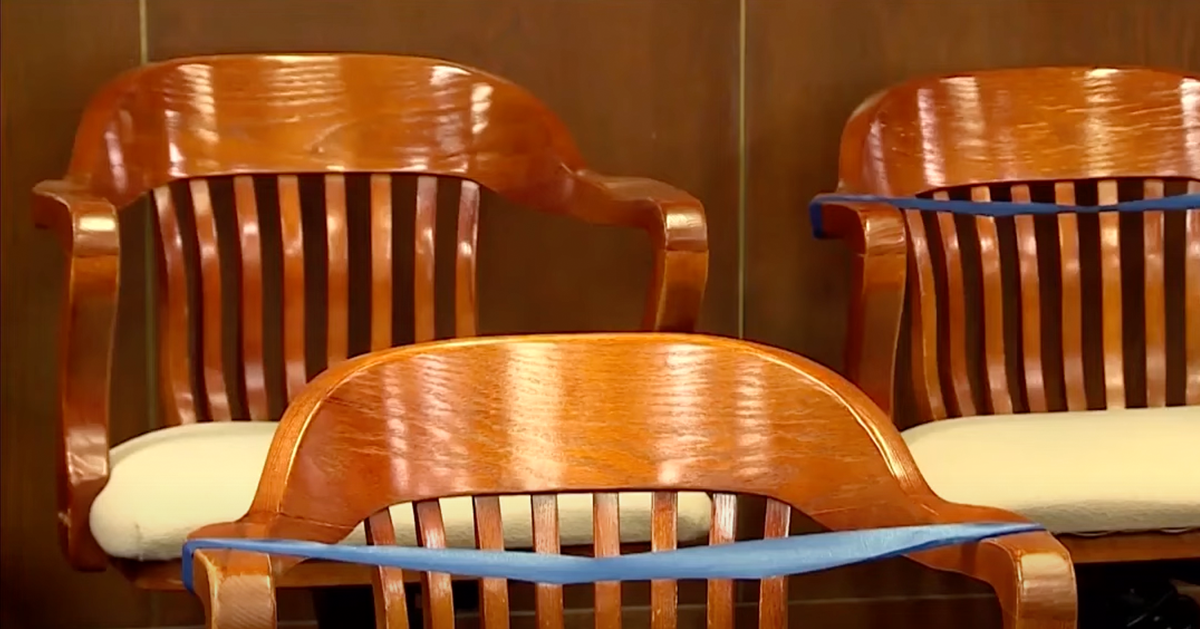Jen Psaki Advises Biden To Opt For 'The View' Over Press Conferences
Jen Psaki, former White House press secretary and current MSNBC host, recently argued that President Joe Biden should prioritize appearances on friendly platforms such as ABC’s The View over traditional press conferences.
In her own appearance on The View, Psaki suggested that engaging directly with audiences through popular media platforms could be more effective for Biden than conventional press briefings, as Fox News reports.
During the discussion, co-host Alyssa Farah Griffin prompted Psaki on the issue of Biden’s perceived accessibility to the press. Psaki responded by advocating for the strategic use of media engagements that resonate more with the public, such as podcasts and radio shows.
The Strategy Behind Choosing Media Appearances
Psaki highlighted recent examples in which Biden utilized informal settings to connect with the populace, citing his interviews on Howard Stern’s show and the Smartless podcast. These appearances, she noted, often reach a wider audience than traditional press events.
The Smartless podcast, hosted by well-known actors Jason Bateman, Will Arnett, and Sean Hayes, was mentioned as a particularly effective venue. It previously featured other political figures such as former Presidents Barack Obama and Bill Clinton, underscoring its broad appeal.
“Americans want real conversations about issues that are happening,” Psaki said, stressing the importance of authenticity in communications from the White House.
Reaction From The View Co-Hosts
Supporting Psaki’s views, co-host Sara Haines shared her perspective as a citizen, expressing a preference for in-depth interviews over press conferences, which often aim to trip up the interviewee rather than provide substantive information.
Haines argued that such interviews offer a deeper insight into the policies and personal views of political figures, beyond the superficial exchanges typical of press briefings.
Meanwhile, President Biden himself has reflected on the evolving nature of media and communication. At a recent campaign event in New York, he discussed the challenges of disseminating information amidst rampant disinformation.
Presidential Campaigns and Media Evolution
Biden’s comments highlighted the necessity of adapting to the current information landscape, which has transformed significantly with the advent of digital media and social networks.
“A lot has changed in how you communicate. A lot has changed in information, and so much disinformation out there. It's hard to communicate even today when you do accomplish some improbable things,” Biden remarked.
His willingness to engage in debates, particularly against former President Trump, was affirmed during his interview with Stern, suggesting a strategic approach to both traditional and new media forums.
Communicating Through Modern Platforms
Psaki’s advocacy for using modern communication platforms reflects a broader strategy within the White House to leverage media diversity to reach the American electorate more effectively.
“If you're in the White House, you're not thinking about ‘am I checking the box on doing the most interviews,’” Psaki commented, emphasizing the focus on meaningful engagement rather than mere exposure.
The approach is aimed at bypassing traditional media gatekeepers to communicate directly with voters, especially younger demographics who frequent digital and social media platforms more than traditional news outlets.
Final Thoughts on Media Strategies
This strategy, according to Psaki, involves prioritizing platforms where the president can engage in genuine discussions about policy issues that concern everyday Americans, much like those at their kitchen tables.
She concluded, “So I would say, more Howard Stern, come on The View, more Smartless conversations where you're having conversations about policy, but they're real ones that people have at their kitchen table.”
In conclusion, the shift from traditional press conferences to more dynamic and interactive media engagements represents a tactical evolution in presidential communication, aiming to meet the American public where they are most attentive and receptive.





